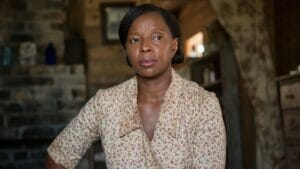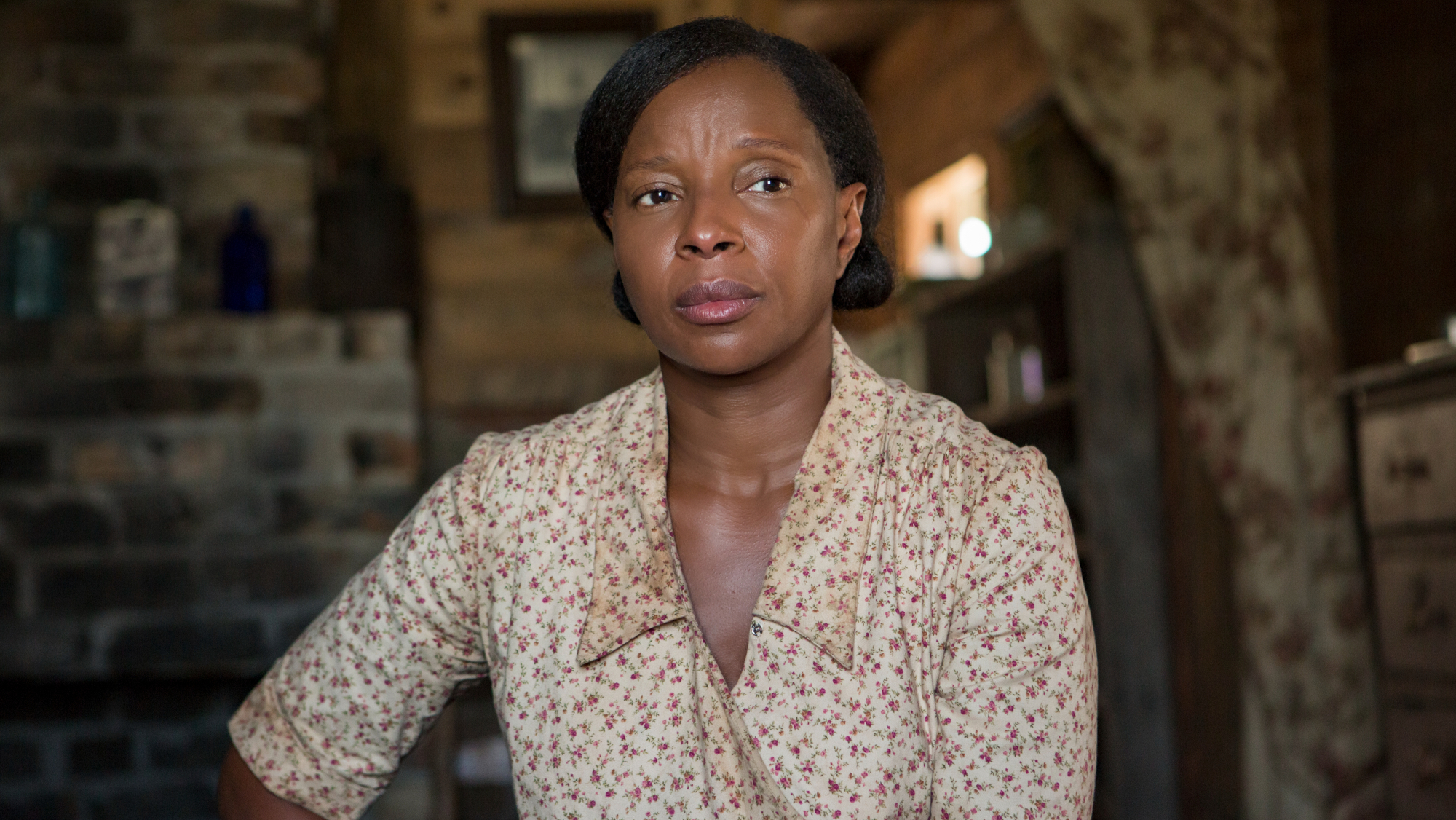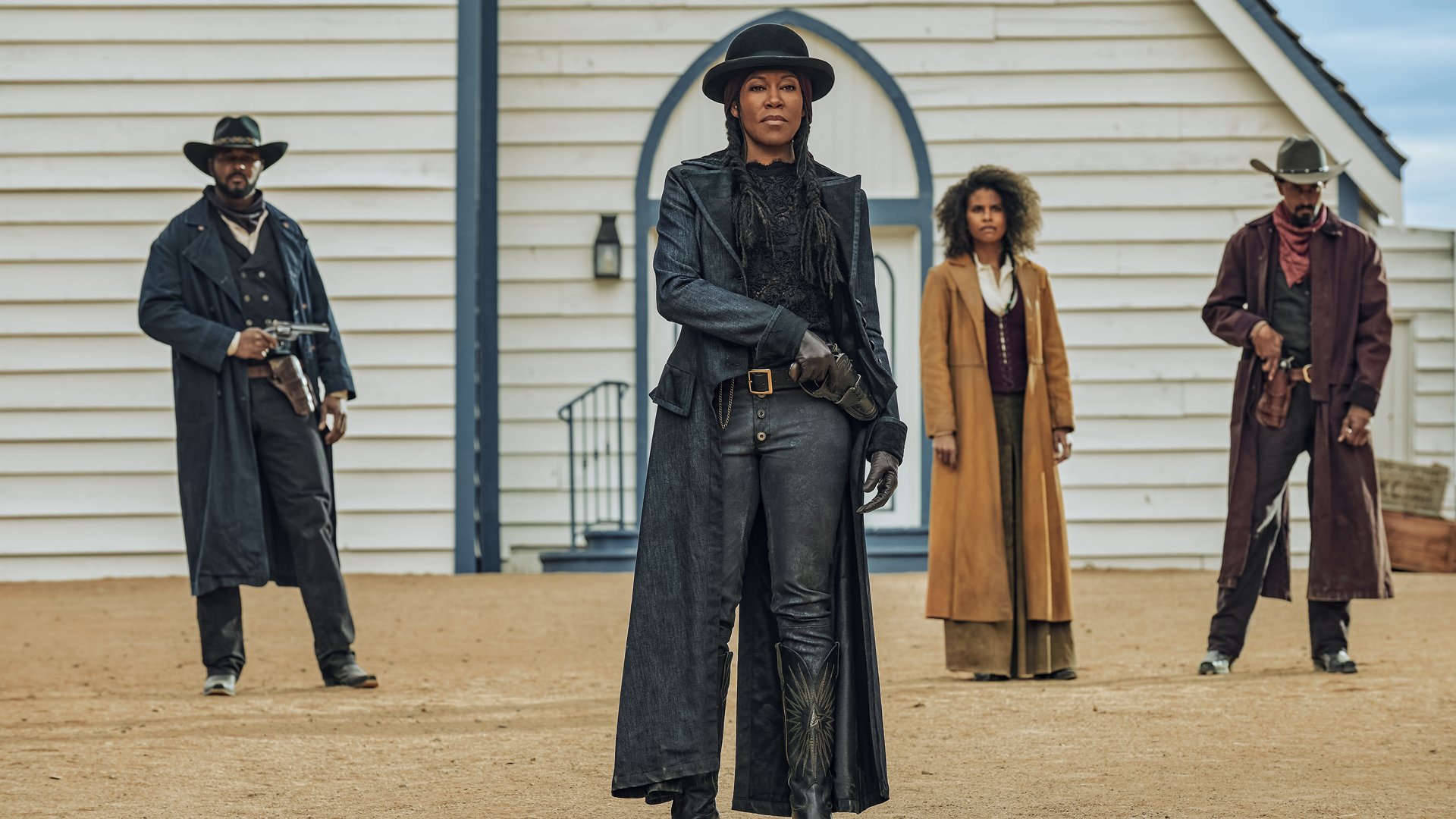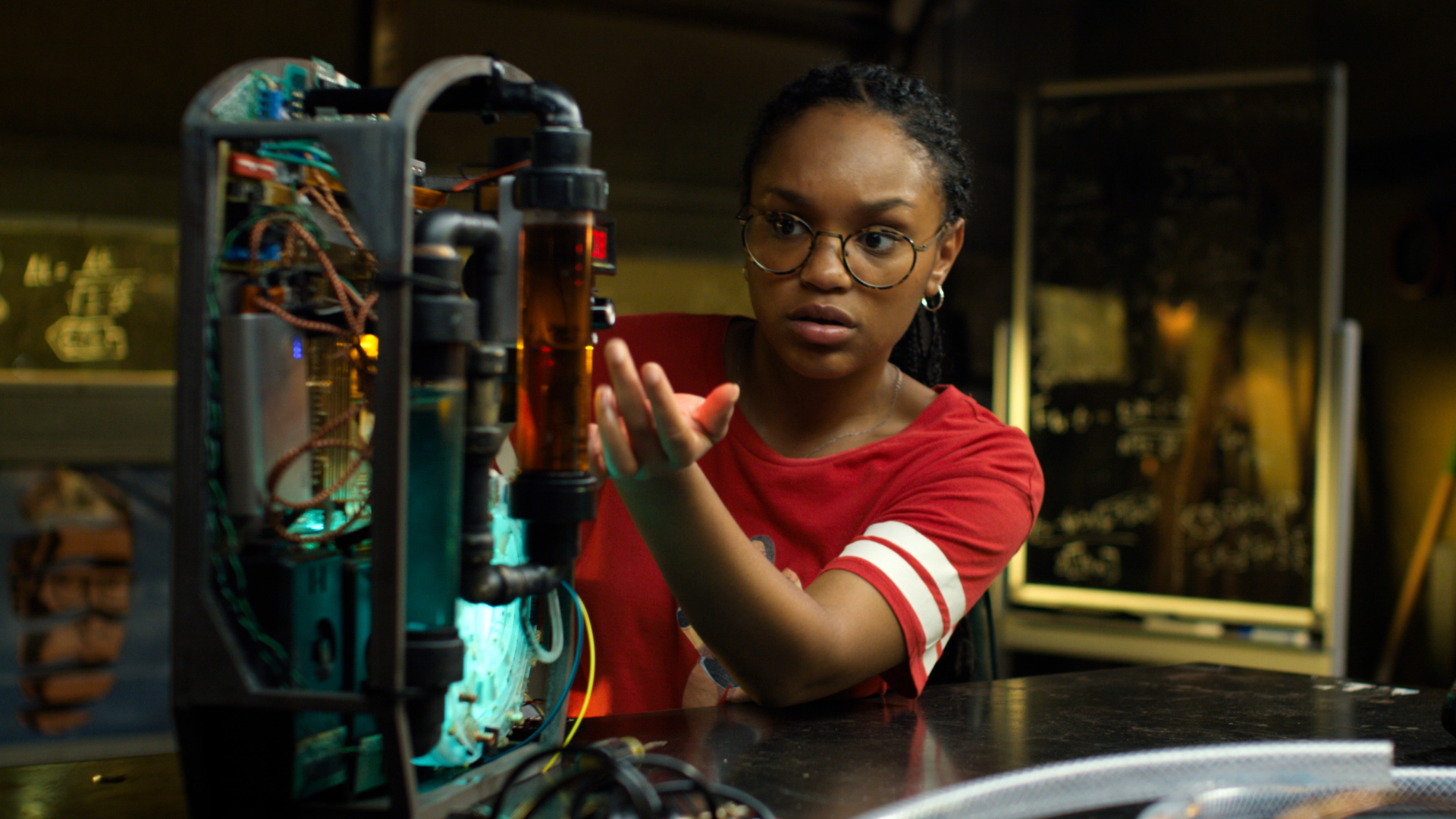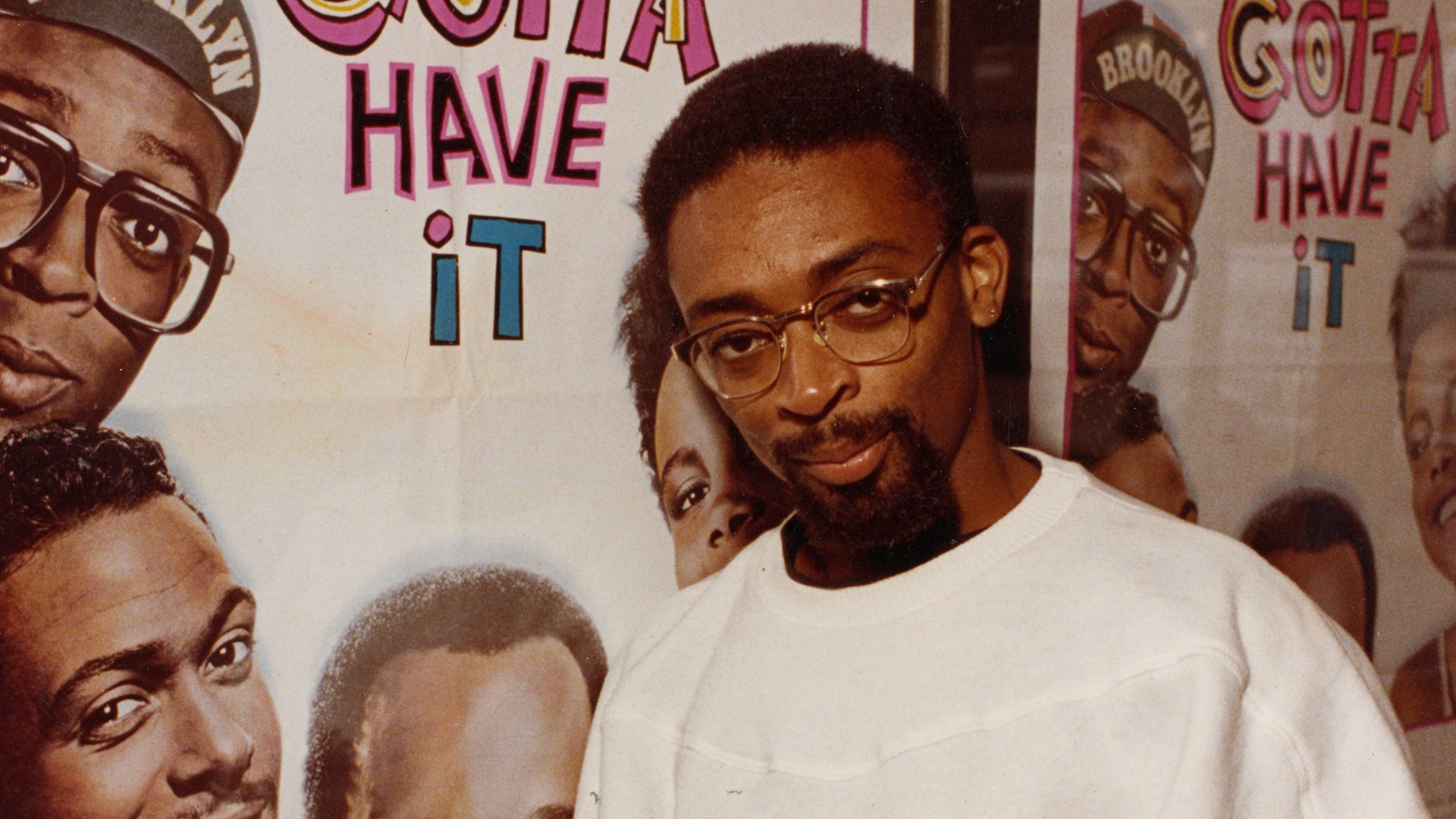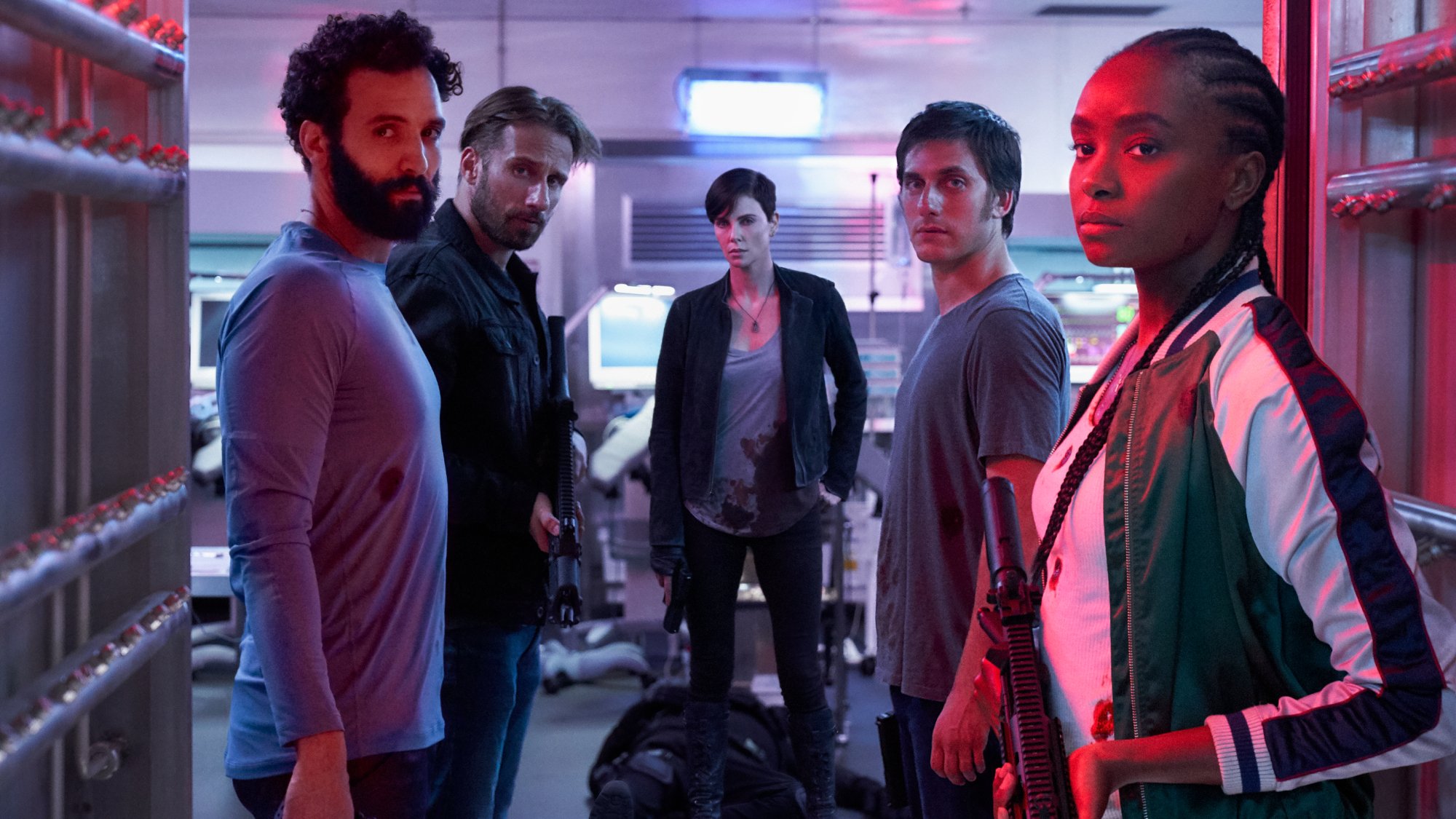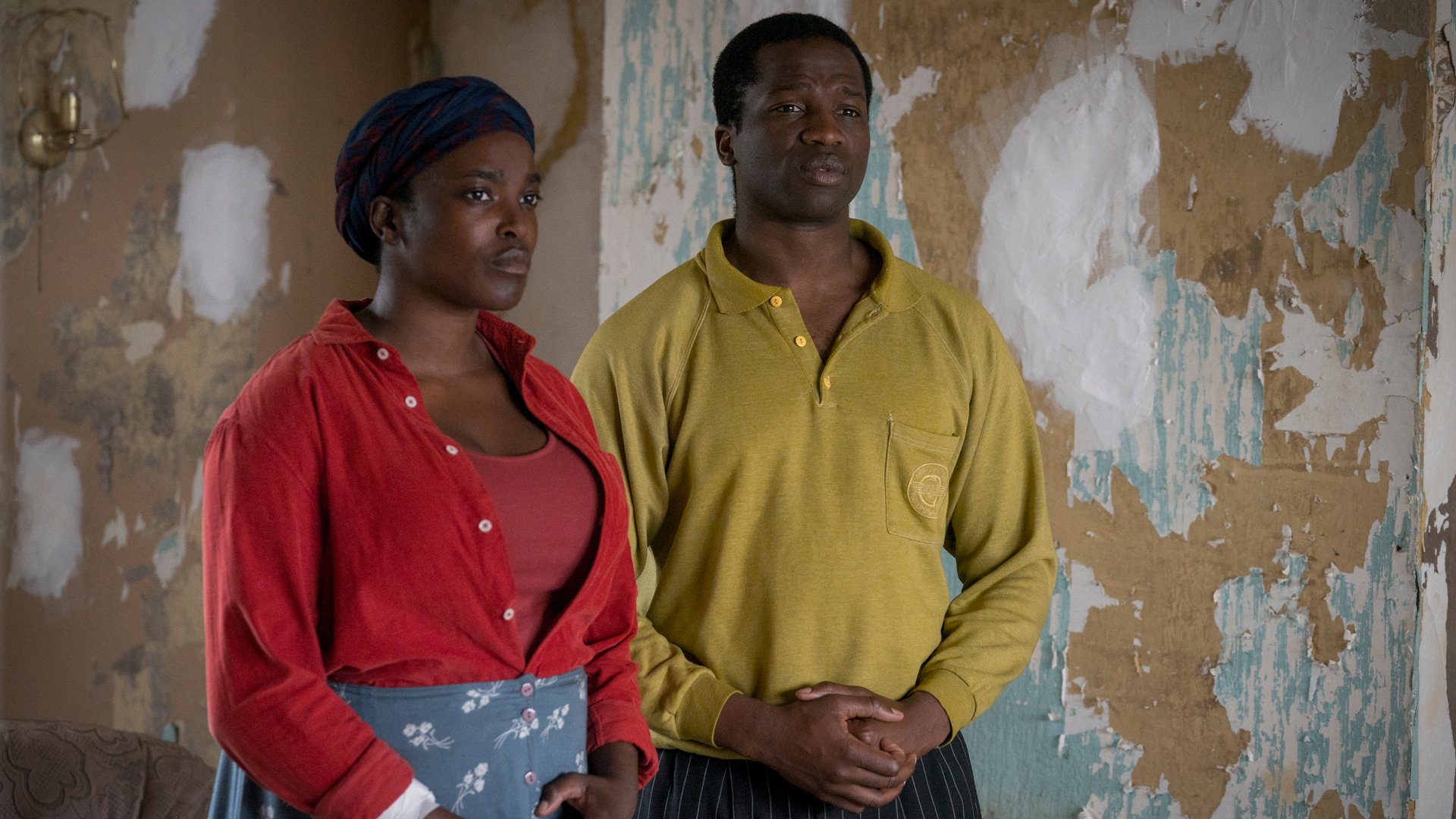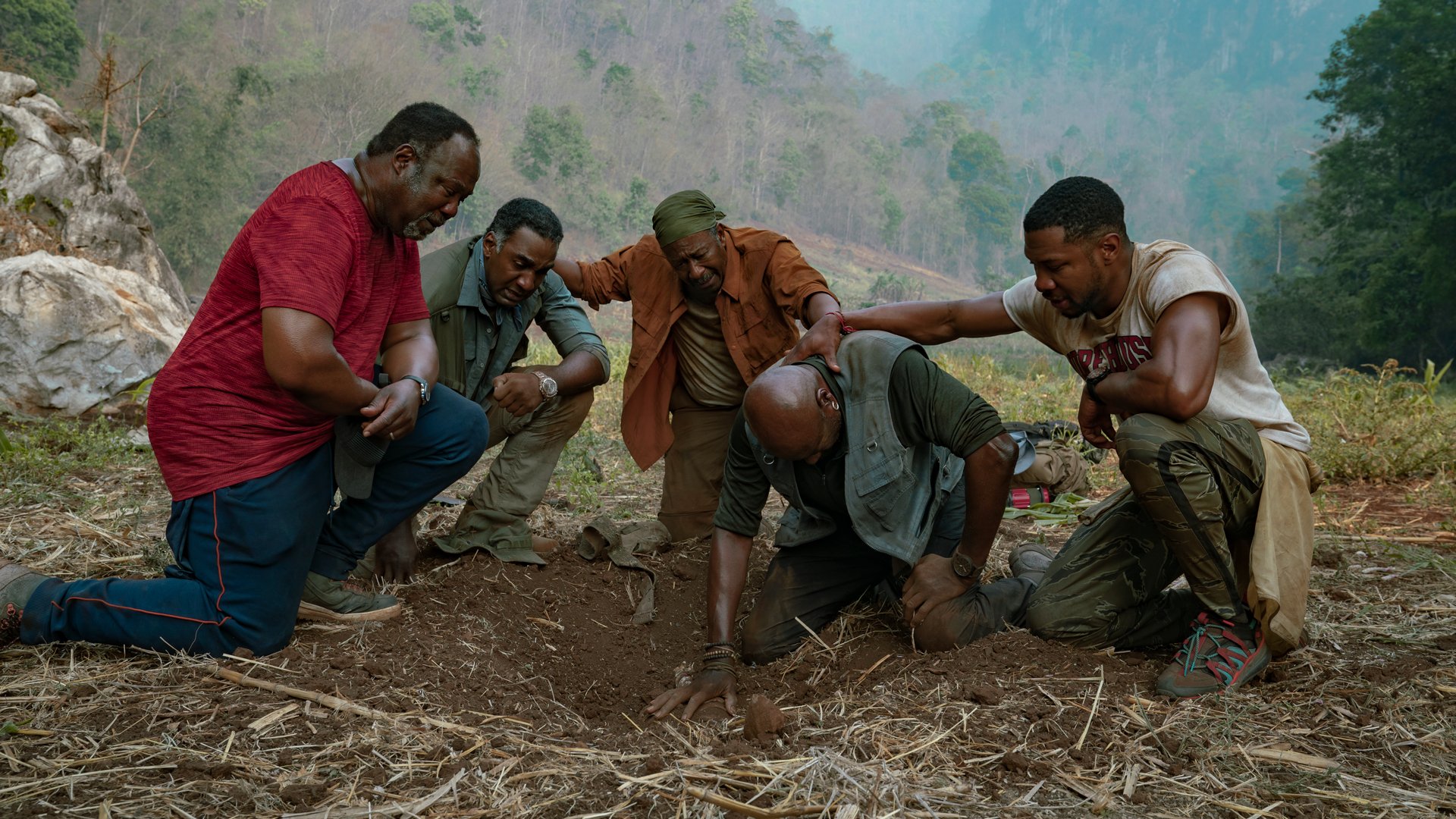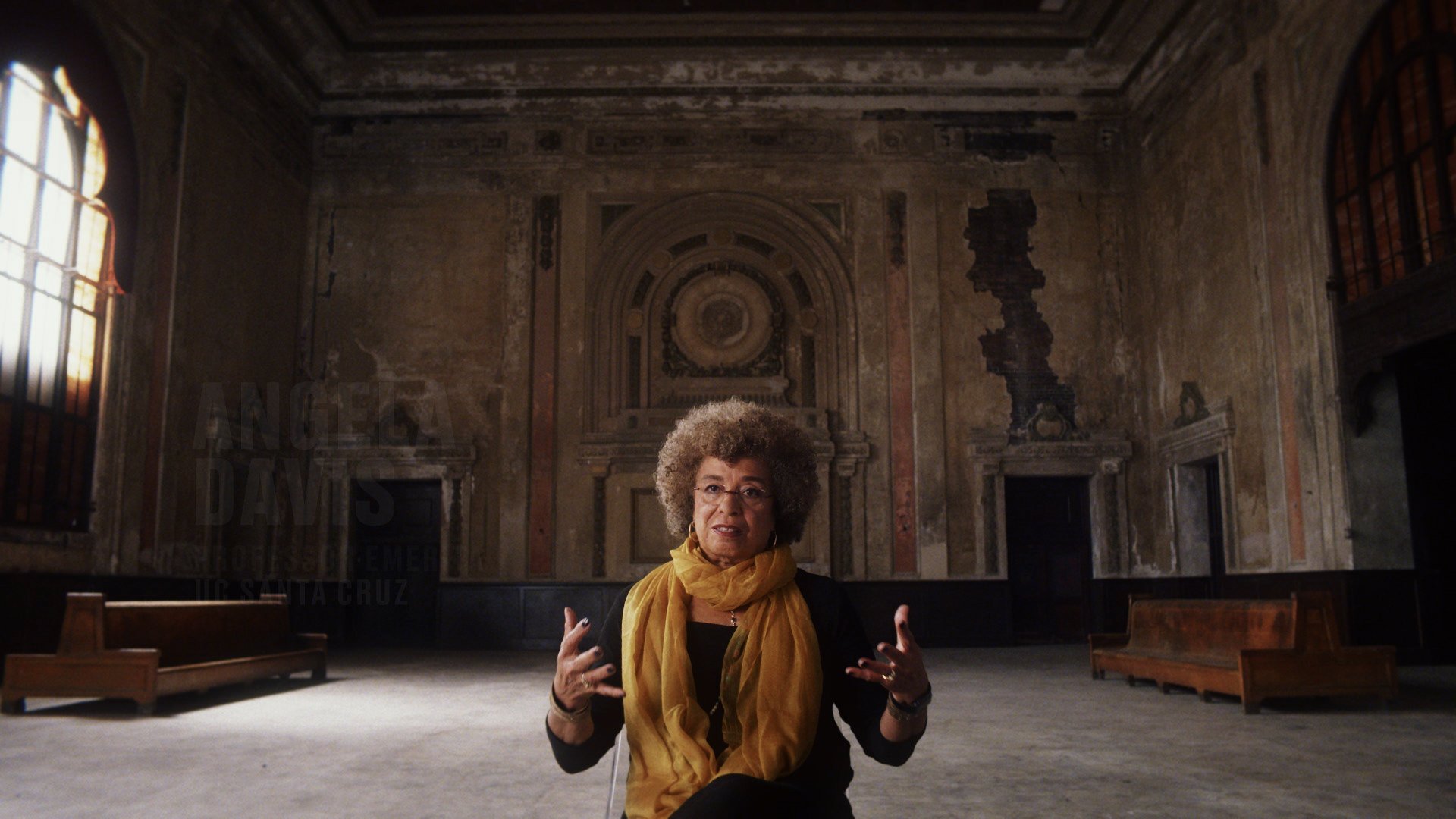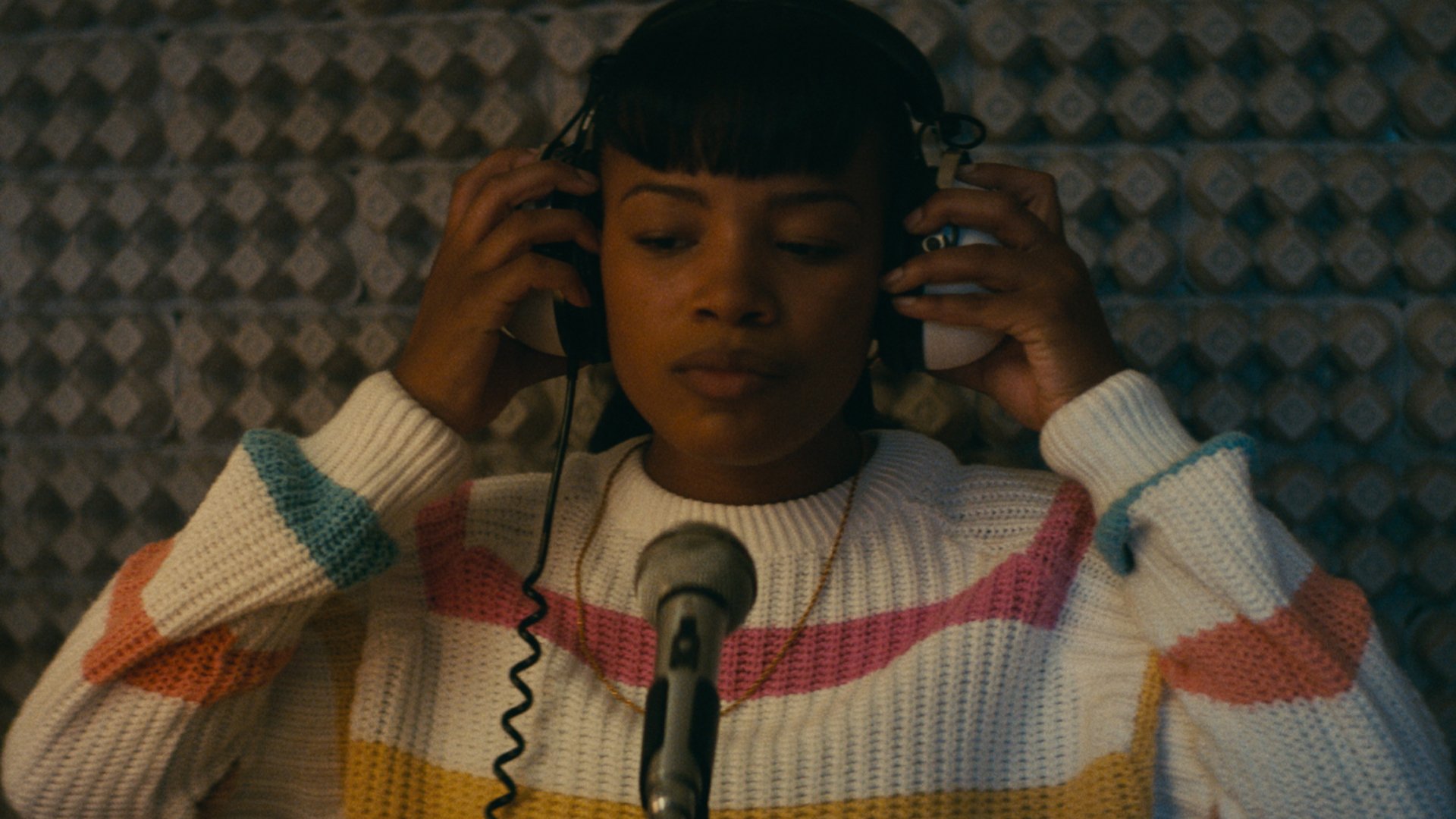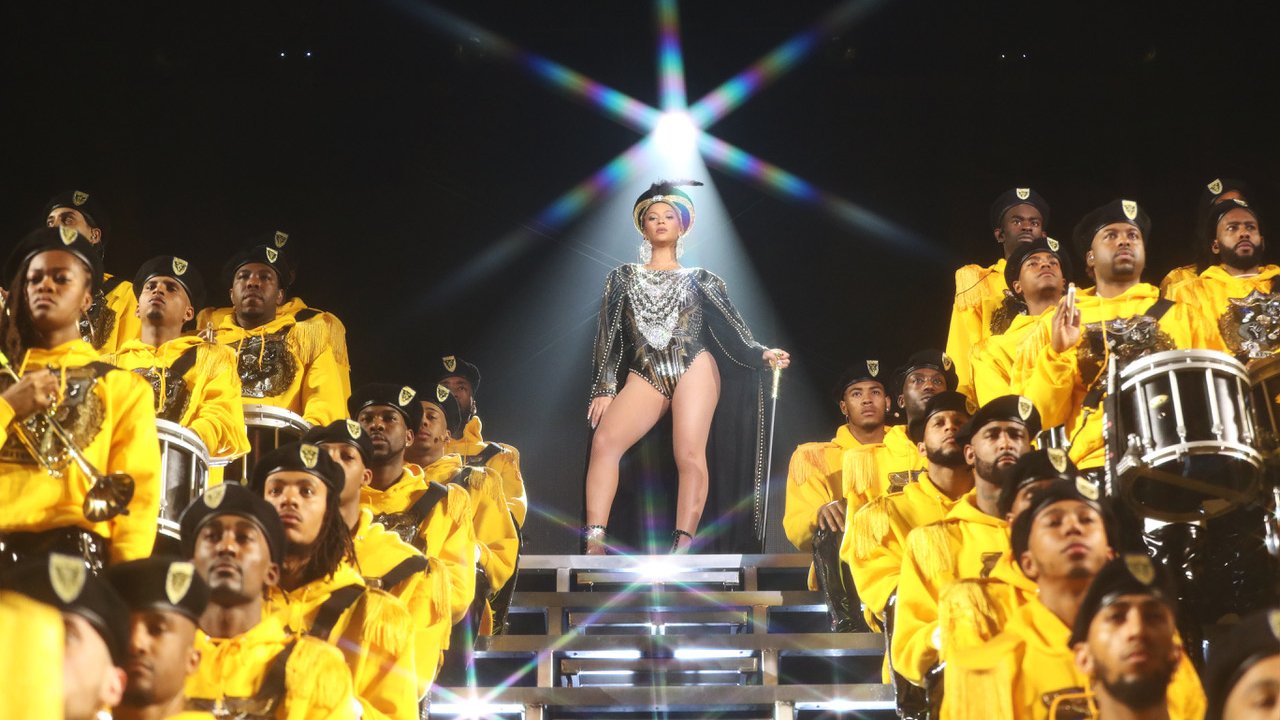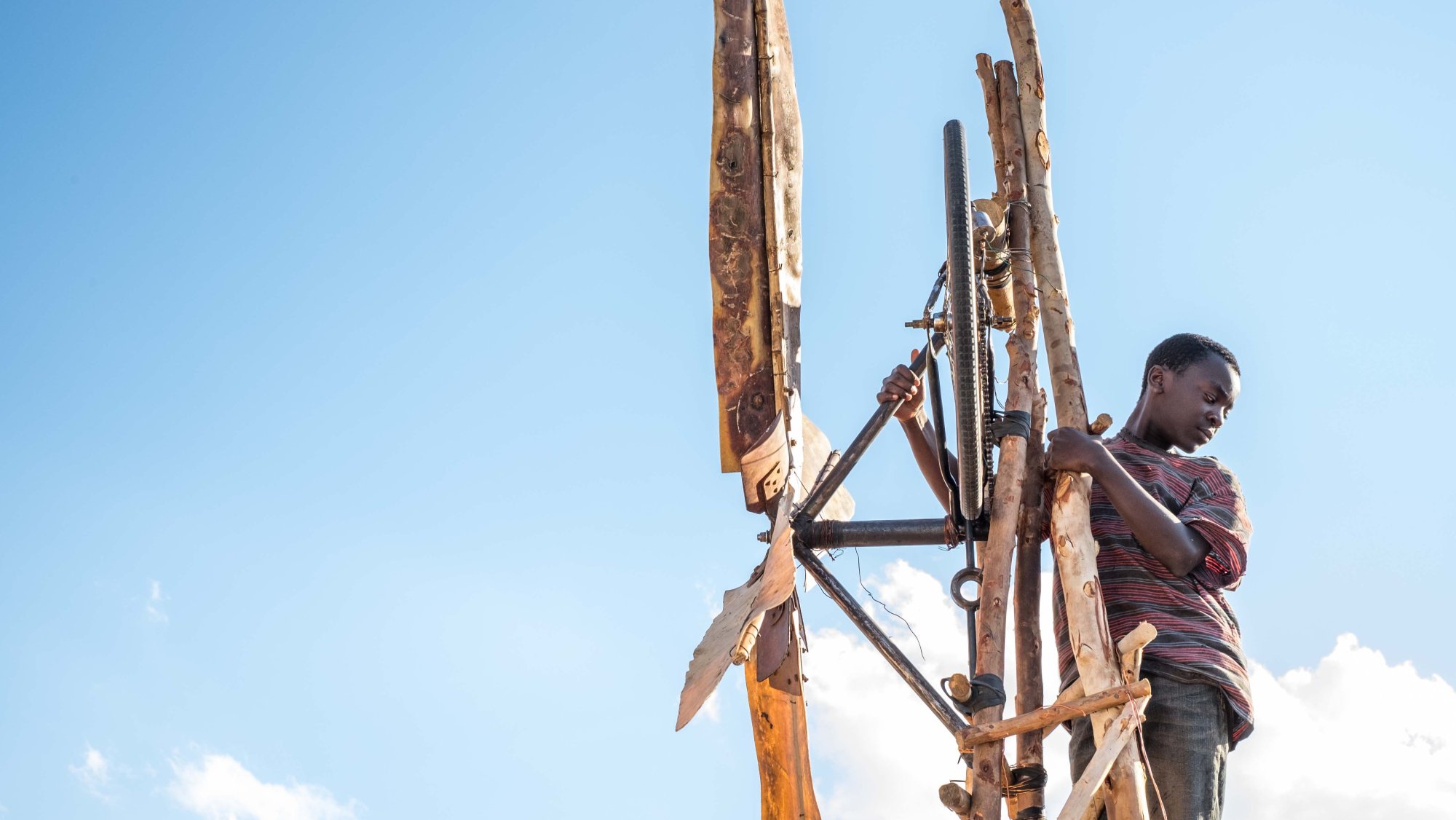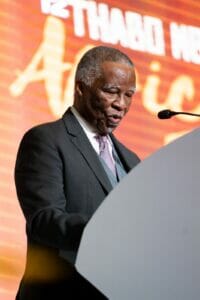
By Toyin Falola
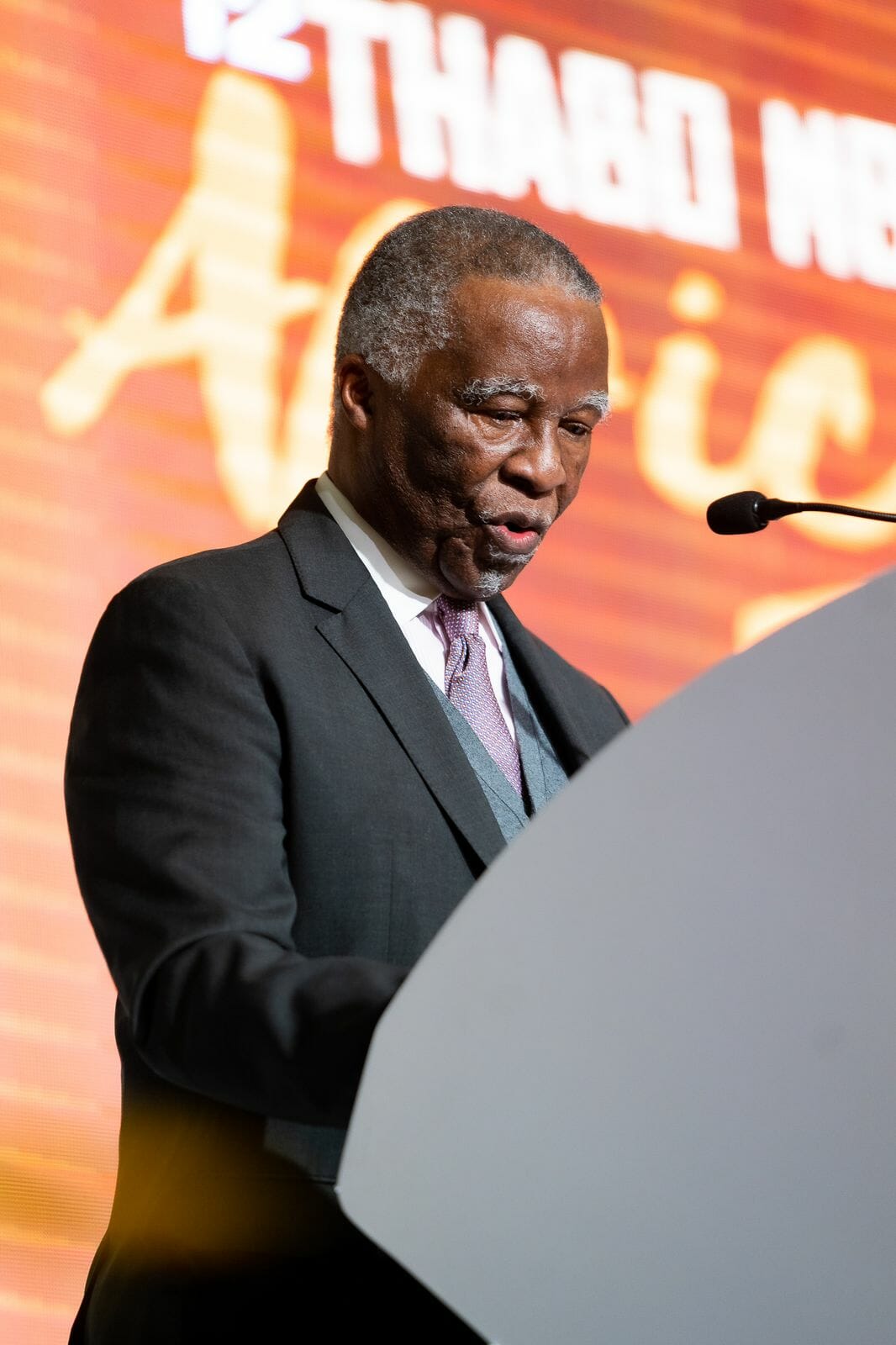
I am glad to be back in South Africa. The retreat of the COVID pandemic is renewing our established connections and cooperation. I am equally happy that the Thabo Mbeki Foundation has chosen, as its focus for 2022, the history and evaluation of the African Union which was officially launched twenty years ago in South Africa.
The African Union (AU), Africa’s foremost continental organisation, has come of age. Some twenty years ago, in July of 2002, this prestigious African institution came into being in continuance of the Pan-African vision of an independent, united and prosperous Africa shared by the continent’s independent leadership for which they set up its parent institution, the Organization of African Unity (OAU). This occasion of the commemoration of the African Union’s twentieth anniversary provides an opportunity for all of Africa to come together and listen to one other as a way of determining how well the continental organisation has fared in achieving the goals for which it was set up; what challenges have limited its success; how to surmount these challenges; and what opportunities there are in a fully operational continental organisation in today’s global geopolitics.
The establishment of the OAU on May 25, 1963, marked the culmination of diverse and far-reaching political trends on and off the continent. Its ideological basis can be found in the late nineteenth century Pan-Africanist movement, which had its origins amongst Black American Intellectuals—Martin Delany and Alexander Crummel—in the United States of America (USA). Canvassing for a Black nation independent of the USA as the only means to ensuring the prosperity of Black peoples, their ideas caught on and were further developed by W. E. B Du Bois and Marcus Garvey, who urged a return to the continent. The Pan-African idea was picked up and advanced on the continent by several prominent intellectuals and heads of state, including Kwame Nkrumah of Ghana, Julius Nyerere of Tanzania, Kenneth Kaunda of Zambia, and Sekou Toure of Guinea. These individuals provided practical expressions of Pan-African ideals in Africa, applying them to the African reality of colonial subjugation and other forms of foreign oppression.
Therefore, when the Heads of Africa’s thirty-two independent states gathered in Addis Ababa, Ethiopia, to sign the OAU Charter in 1963, it was with a common belief that for Africa to achieve its potential and aspirations, it must be free from external control, and its peoples must rise above racial, ethnic, and national differences and work together cooperatively in the spirit of brotherhood and solidarity. As a result, Article II of the OAU’s founding Charter included an agenda to promote African unity and solidarity; coordinate and intensify their cooperation and efforts to achieve a better life for Africa’s people; protect their sovereignty, territorial integrity, and independence; obliterate all forms of colonialism in Africa; and encourage international cooperation, with due regard for the Charter of the United Nations and the Universal Declaration of Human Rights.
Armed with a pledge of cooperation in all aspects of social endeavour, politics, economics, education, health, science, and defence by member states, the OAU immediately embarked upon what was then the foremost obstacle to its agenda of a united and prosperous Africa—the struggle for the independence of all African states under colonialism and other forms of foreign oppression (apartheid). In this regard, the OAU Coordinating Committee for the Liberation of Africa swung into action, organising diplomatic, financial, and logistical support for liberation movements wherever they existed in Africa. The organisation was involved in the independence agitation of Guinea Bissau, Angola, Mozambique, Central African Republic, Namibia (former South West Africa) and the struggle against the apartheid regime in South Africa. It was also active in defending its member nations’ integrity and sovereignty and resolving border disputes. This impact was especially observed in the Congo, where strategic raw materials have always been a source of unrest, in Nigeria during a civil war that threatened the unity of the Federal Republic, and in Egypt during the 1967 Israeli occupation.
Another landmark achievement of the OAU was the ambition to create an economically integrated Africa. In this instance, it was instrumental to the establishment of Regional Economic Communities (RECS), notably the Economic Community of West African States (ECOWAS), the East African Community (EAC), the Common Market for Eastern and Southern Africa (COMMESA), the South African Development Coordinating Commission (SADCC), and the Arab Maghreb Union. In addition, it established the African Economic Community (AEC) in 1991, which was expected to expand into a common market, a customs union, and an African monetary union.
Notwithstanding the OAU’s commendable achievements, its membership identified a need to refocus the organisation’s attention away from its decolonisation agenda and more towards promoting peace and stability as a prerequisite to an eventual political and economic integration that will ensure African interests in an increasingly geopolitically quartered world. To that effect, the Heads of Government of the OAU came to a consensus and issued the Sirte Declaration of September 1999, calling for the establishment of an African Union that would accelerate the process of integration on the continent to enable her to compete favourably in a changing global economy and address any social and political challenges arising from globalisation. Thus, the African Union (AU) came into exist3ence in 2002.
The AU was established with a vision to achieve “an integrated, prosperous and peaceful Africa, driven by its own citizens and representing a dynamic force in global arena.” Hence, the birth of the AU marked a shift in the focus of Africa’s foremost pan-African institution away from mainly the support of anti-colonial and anti-apartheid (liberation) movements to the task of greater integration for expedited development. Among the AU’s stated goals are: achieving greater unity and solidarity among African countries and peoples; defending the territorial integrity and independence of its member states; accelerating the continent’s political and socio-economic integration; and promoting common positions on issues of concern to the continent and its peoples; promoting sustainable economic, political, and cultural development; fostering cooperation in all fields of human endeavour to raise African peoples’ living standards; protecting and promoting human and people’s rights in accordance with the African Charter on Human and People’s Rights; and promoting peace, security, and stability on the continent.
In pursuance of its mandate, the AU has recorded reasonable successes through direct contributions and international community collaborations. It has been active in minimising and settling conflicts in conflict-prone areas like Somalia and Sudan, successfully arbitrated post-election violent conflicts in Kenya, Comoros and Cote de’ Ivoire, and has intervened in coup situations by ensuring a return back to civilian rule. Unrestricted by the OAU’s ‘non-interference’ concept, the AU has reserved the authority, through its Peace and Security Council, to intervene in the domestic affairs of member nations to promote peace and safeguard democracy, even employing military action in circumstances of genocide and crimes against humanity. Through its voluntary ‘Peer Review Mechanism’, whereby individual member states concede to be assessed by a group of experts collected from other member states, the AU has been able to encourage democracy and good governance on the continent. The AU has also established a practice of sending election monitoring teams (Observer Missions) to all member states to guarantee that the terms of the African Charter on Democracy, Elections, and Governance (2007) are followed.
The AU has demonstrated strategic leadership on the continent. Africa has presented a common front on several issues that have shaped global debates and decisions through its activities. It had some impact on the terms of engagement between the UN and regional organisations. By achieving an African consensus, it has been able to drum support for African candidates vying for positions in international organisations, such as Nigeria’s Okonjo Iweala as Director-General of the World Trade Organization, Ethiopia’s Tedros Adhanom Ghebreyesus as Secretary-General of the World Health Organization, and Rwanda’s Louise Mushikiwabo as Secretary-General of the Organization Internationale de la Francophonie. The AU has also demonstrated commendable leadership and served as an advisor to governments and intergovernmental agencies.
In pursuit of its agenda of African prosperity, the AU put necessary declarations and institutions that promote economic integration among its fifty-four member states. It has established development organisations such as the African Union Development Agency (NEPAD) and progressive frameworks such as the African Continental Free Trade Agreement (AfCFTA) and Agenda 2063. There have been proposals for an African Monetary Union and an African Central Bank, even though these have not seen a political will by member states to bring them to fruition. The AU also made considerable efforts to ensure that the COVID-19 vaccines are available to its member states.
Financial dependence, poorly governed states and a constant push for reforms have been identified as some of the impediments to the AU’s progress. Other factors identified include the development of the ‘cult of personality, concentration of power in the office of the chairperson of the commission and the shrinking spaces for popular participation in decision making.’ The AU exhibited some flaws in its decision-making when it relocated its July 2012 bi-annual summit from Lilongwe, Malawi, to Addis Ababa for the former’s refusal to invite Omar al-Bashar because he had been charged with war crimes by the International Criminal Court of Justices (ICC). Also reprehensible is its practice of appointing leaders with questionable democratic credentials as chairpersons. Other issues that cast aspersion on the AU’s image and performance include its inability to find a lasting solution to Africa’s teeming educated and unemployed youths, the recent resurgence of coups and violent conflicts, and its romance with China, which has seen the latter gain increasing and unbalanced concessions on the continent.
Many untapped opportunities can be gained from an objective, independent, and people-oriented continental union. Without some of the AU’s encumbrances—vested interests and constitutional limitations—the continental organisation can do much more to ensure good governance, peace, stability and economic prosperity through extensive collaborative networks that transcend any cultural, national, and regional divide. To achieve this, the AU must be seen to uphold the highest standards and be more people-oriented.
Let me close this conversation by thanking the former President Thabo Mbeki, the Mbeki Foundation, and The Thabo Mbeki School for the honour of inviting me to address various groups. I thank the students for listening to me.
*Prof Falola’s delivered this address at a forum in honour of Mr. Thabo Mbeki, former South African President.
Post Views: 0
Comments
comments

